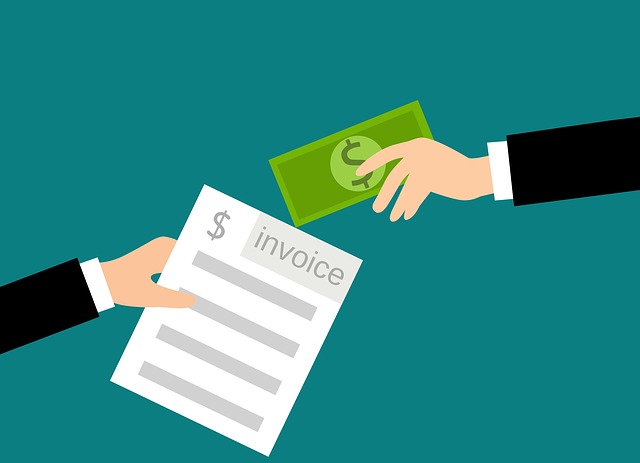Navigating small businesses is a rewarding endeavor, yet it comes with unique fiscal challenges. A recurrent concern for many small businesses is sustaining a steady cash flow while battling with extended invoice payment durations or unexpected financial requirements. Enter the evolving solution: invoice financing tailored for small businesses.
Deciphering Invoice Financing for Small Enterprises
Also known as “accounts receivable financing,” invoice financing is the practice of a business transferring its outstanding invoices to a specialized third-party entity, commonly referred to as a financier. The core idea is simple: companies can receive an instant cash infusion from these financiers instead of waiting for customers to pay up. Imagine sending out an invoice to a client with a 30-day payment term. Through invoice financing, you can hand over this invoice to the financier and, in return, receive a significant chunk (usually between 70-90%) of the invoice’s value upfront. Upon the client’s payment, the financier sends the remaining balance to you after deducting their service fee.
Why Consider Invoice Financing?
- Immediate Cash Access: A standout benefit, ensuring businesses are able to handle delayed payments or slow-paying customers.
- Dynamic Financial Support: Unlike traditional loans with fixed monthly returns, invoice financing adjusts based on your sales, providing customized backing.
- No Need for Collaterals: Traditional financing often requires assets as security, but your pending invoices are enough here.
- Fast-Track Growth: With instant funds, businesses can rapidly explore opportunities, be it hiring, advertising, or inventory procurement.
- Credit Evaluation Assistance: Financiers generally assess the creditworthiness of your clients prior to a deal, providing both immediate funds and insights into your clients’ financial status.
For businesses that partner with governmental bodies, which may have extended payment durations despite their reliability, government invoice factoring is a boon. Solutions focusing on government invoices offer a financial lifeline, ensuring swift cash access while awaiting government payments. This can further widen fiscal opportunities for firms as being awarded a government contract builds trust for commercial customers.
Exploring More Financial Avenues for Small Businesses
Invoice financing is merely one arrow in the quiver of small businesses. They have a myriad of other financial options:
- Traditional Banking Loans: Classic financing methods with set interest rates, best suited for businesses with solid credit backgrounds.
- SBA Loans: Managed by the Small Business Administration, these cater to small businesses, including startups, by guaranteeing a portion of the loan amount.
- Government Contract Funding: Designed for firms engaged with government contracts, ensuring rapid cash for those in line for government payouts.
- Construction-focused Financing: Aimed at construction companies, procuring their due invoices to provide instant cash.
- Business Credit Channels: Similar to credit cards, they allow businesses to borrow up to a limit, charging interest only on the used amount.
- Merchant Cash Advances: For businesses with regular card sales they can get an advance based on these sales, repaying with a portion of daily card sales.
- Microloans: Predominantly from non-profits or digital lenders, these smaller loans are ideal for startups or those with limited credit history.
- Crowdfunding: Platforms like Kickstarter enable businesses to raise small amounts from a diverse group of contributors.
- Equity Investments: For emerging businesses with high growth potential, investors might offer substantial funds in exchange for company equity.
In conclusion, adept cash flow strategies are the backbone of small business success. With its varied advantages, invoice financing stands out as a viable tool for those needing immediate funding. It’s an adaptable, reliable, and efficient way to maintain fiscal stability when traditional paths seem distant. However, every business should weigh all financial options, understanding their advantages and limitations, before deciding.

